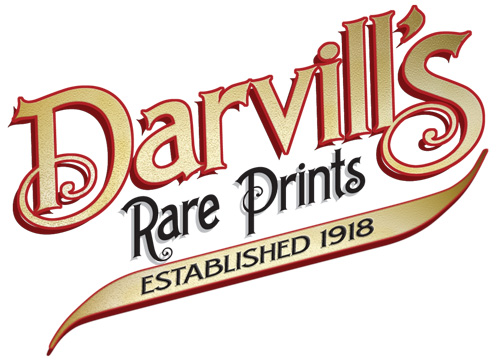Original 19th-Century magazine articles from sources like "The Penny Magazine" and "Harper's New Monthly Magazine".
The Penny Magazine of the Society for the Diffusion of Useful Knowledge (1832-1845) represents a nineteenth-century union of two closely related streams of popular literature in England, namely, literature created to help the inferior ranks of society along the road to self-betterment and that which carried with it the additional function of indoctrinating them with certain economic, political, and religious views of their betters.This study begins with the development of such reading matter during the Renaissance and culminates in an intensive examination of the manner in which the philosophy responsible for its existence was manifested in the Penny Magazine, a miscellany of moral, scientific and general information, published under the superintendence of the Society for the Diffusion of Useful Knowledge. The group, organized in 1826 and guided for two decades by Henry Brougham, had among its members some of the most prominent philanthropists, scholars, and politicians of the day, all motivated by the belief that dissemination of information through reading would improve the thinking and manners of the masses. Because of the Society's noisy role in the nineteenth-century march of mind, the Penny Magazine entered the field of popular literature with more fanfare than did its leading competitors, Chambers's Edinburgh Journal and the Saturday Magazine, the latter sponsored by the Church-controlled Society for Promoting Christian Knowledge. All three miscellanies, however, shared the task of establishing the kind of publication that brought cheap, decent periodicals within the purchasing range of the lower classes.
In 1850 Harper's launched Harper's New Monthly Magazine. This magazine has been continuously published since that time. Beginning with 7500 copies, the magazine reached a circulation of 50,000 within six months. Harper's Magazine made its debut in June 1850, the brainchild of the prominent New York book-publishing firm Harper & Brothers. Harper's Magazine, the oldest general-interest monthly in America, explores the issues that drive our national conversation, through long-form narrative journalism and essays, and such celebrated features as the iconic Harper's Index. With its emphasis on fine writing and original thought Harper's provides readers with a unique perspective on politics, society, the environment, and culture. The offerings below are from the 19th-century magazines and cover a wide variety of subjects. |
|||
|---|---|---|---|


































